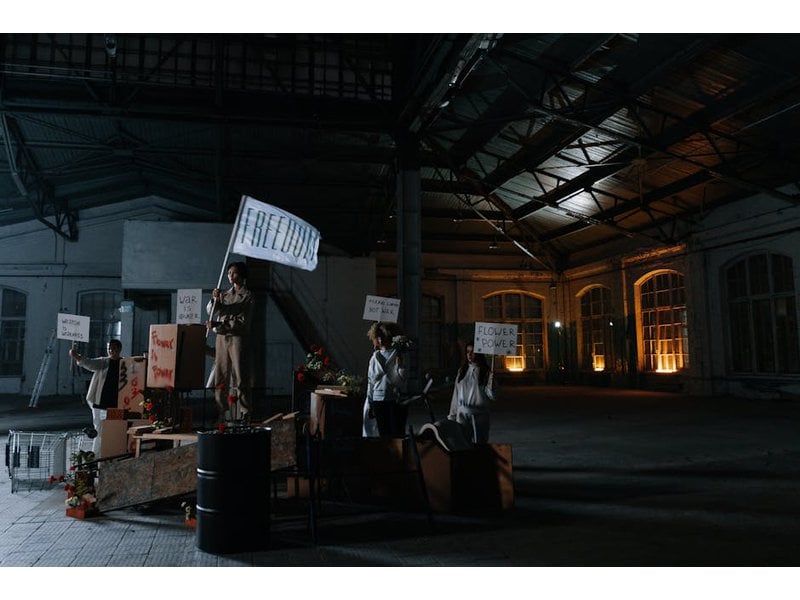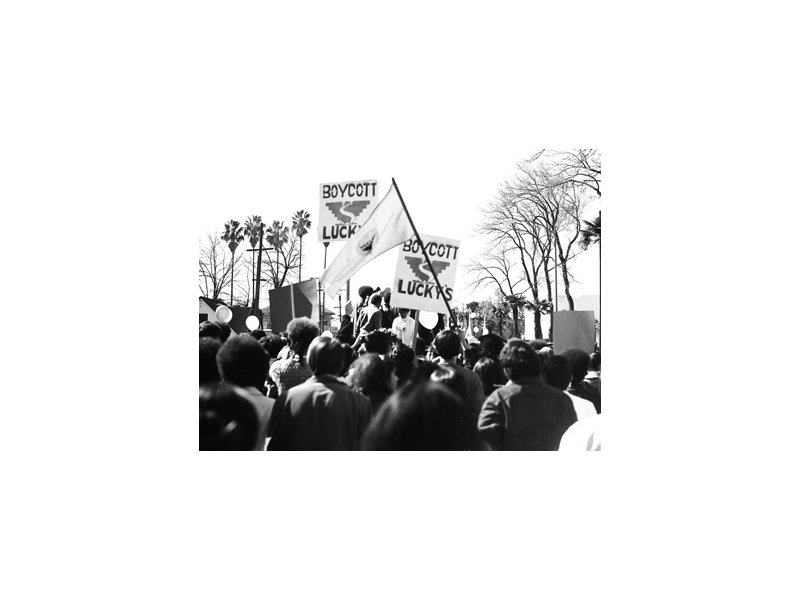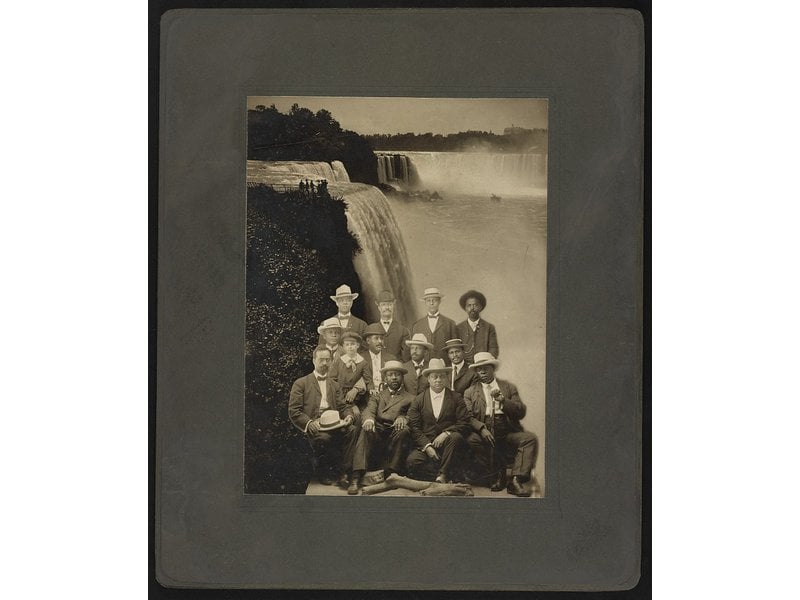110 slowdown strike

"In the slowdown strike (also known as the go-slow and in Britain and elsewhere by the Welsh word ca’canny78 instead of leaving their jobs or stopping work entirely, the workers deliberately slow down the pace of their work until the efficiency is drastically reduced.79 In an industrial plant this slowdown has its effects on profits; in governmental offices it would, if continued, reduce the regime’s capacity to rule."...
Potentially awesome partners
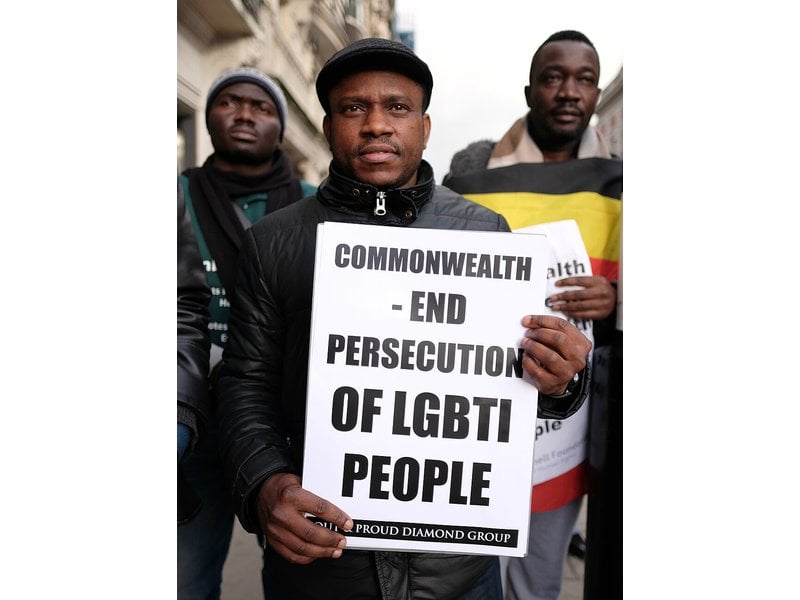
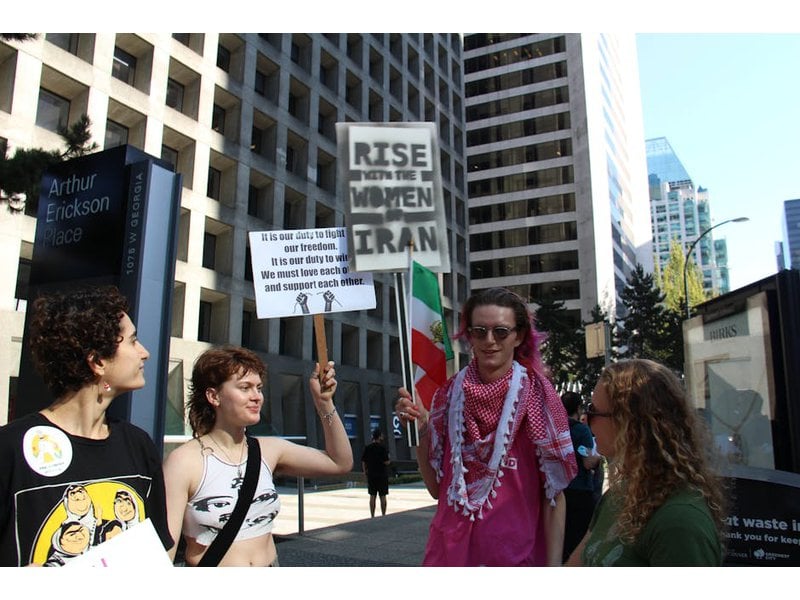
High scoring campaigns using this method
Historical cases from the Nonviolent Action Database that used this method
Estonian healthcare workers strike for higher wages and reduced workloads, 2012
Estonia, a small country in northern Europe had a population of about 1.325 million people in 2012. When Estonia joined the European Union in 2004, healthcare workers began leaving Estonia for other countries with better pay and working conditions, s...
German citizens defend democracy against Kapp Putsch, 1920
In March 1920, Walther von Lüttwitz, a commanding general in the German army, and Wolfgang Kapp, a German provincial official (with the help of a few other German officials, such as Chief of Staff, General Hans von Seeckt and his collaborators in the...
Chileans overthrow Pinochet regime, 1983-1988
On September 11, 1973, a military coup forced the democratically elected Chilean President Salvador Allende out of power. After the coup Augusto Pinochet established himself as the leader of Chile and set up a military dictatorship with the heavy inv...
Faculty win new industrial agreement with the College of the Bahamas, 2010-2011
The College of the Bahamas (COB) is the national public institution of higher learning in the Commonwealth of the Bahamas with campuses throughout the archipelago. The main campus, Oakes Field, is located in the capital city of Nassau. The college is...
San Francisco strippers win right to form a union, 1996-1997
The Lusty Lady was a strip club in San Francisco. Opened since 1976, this North Beach club featured exotic dancers “Lusties” in a peep show on a stage and in individual booths. While being one of the most popular spots for nightlife in the city, the ...
Toronto taxi drivers win fair competition with ridesharing services, 2015-2016
Toronto Taxi Alliance (TTA) is a labor coalition that includes unions such as the United Taxi Workers Association and iTaxi Workers Association and represents the majority of taxi drivers in Toronto, Canada. The formation of this coalition came as a ...
Czechoslovak resistance to Soviet occupation, 1968
For the first eight months of 1968, the Czechoslovak Communist Party engaged in limited but significant reforms known as ‘Prague Spring,’ including declarations of freedom of expression and organization. The reform movement began in January, when mod...
Formerly enslaved people end apprenticeship practices in Trinidad, 1832-1838
By 1830 the enslaved people in the “West Indian” colonies of the British Empire understood that slavery, as an institution, was about to fall. White abolitionists in Britain and around the world had been pushing legislation through the Parliament tha...
Dutch citizens resist Nazi occupation, 1940-1945
In May of 1940, the Netherlands was occupied by the Nazi war machine. At that time, the Netherlands had a total area of 33,000 square kilometers, and only approximately nine million people living there. The country was also relatively flat, with litt...
LIAT Airlines employees campaign for better wages, 2007-2010
Between July 2007 and June 2010, workers of LIAT Airlines, which is based in Antigua and Barbuda, protested against their employers for better wages and holiday pay. The campaign was a back and forth struggle between LIAT Airlines and multiple Caribb...
Low scoring campaigns using this method
Historical cases from the Nonviolent Action Database that used this method
Swazi teachers strike for economic justice, 2012
In 2012, Swaziland was a small landlocked country in southern Africa ruled by King Mswati III. Sixty three percent of the country’s population lived below the poverty line. Government spending on education had continuously decreased since 2008. With ...
Channel Islanders resist German occupation in WWII, 1941-1945
The Channel Islands, two British territories, fell under German occupation in 1940 during WWII. The Islands politically took on a policy of “passive cooperation.” Fearing a German monopolization of oil, Britain interned German civilians living in Per...
